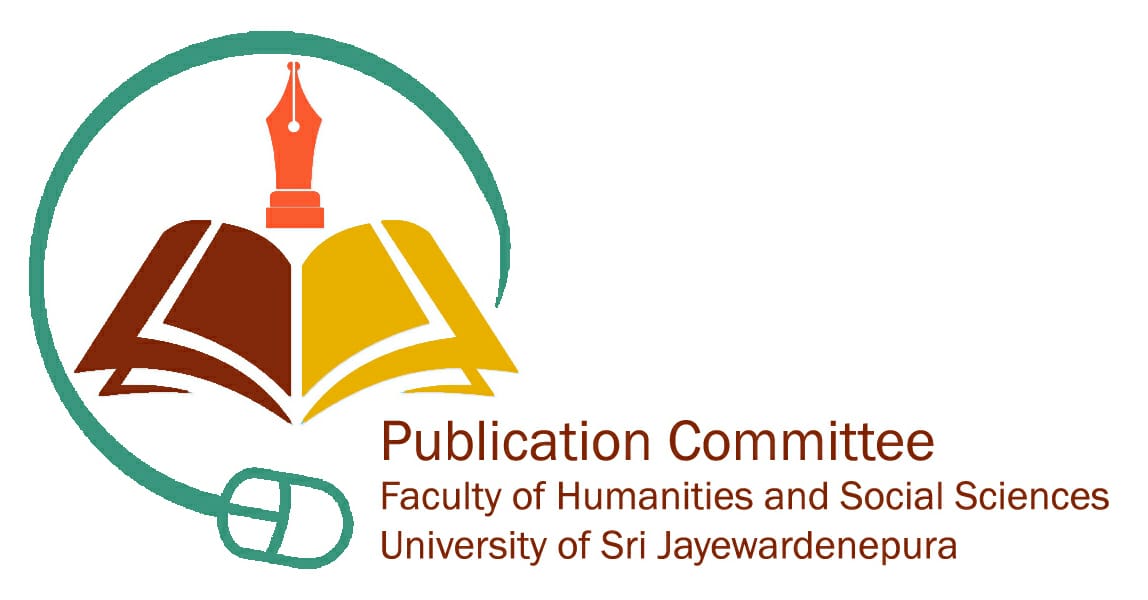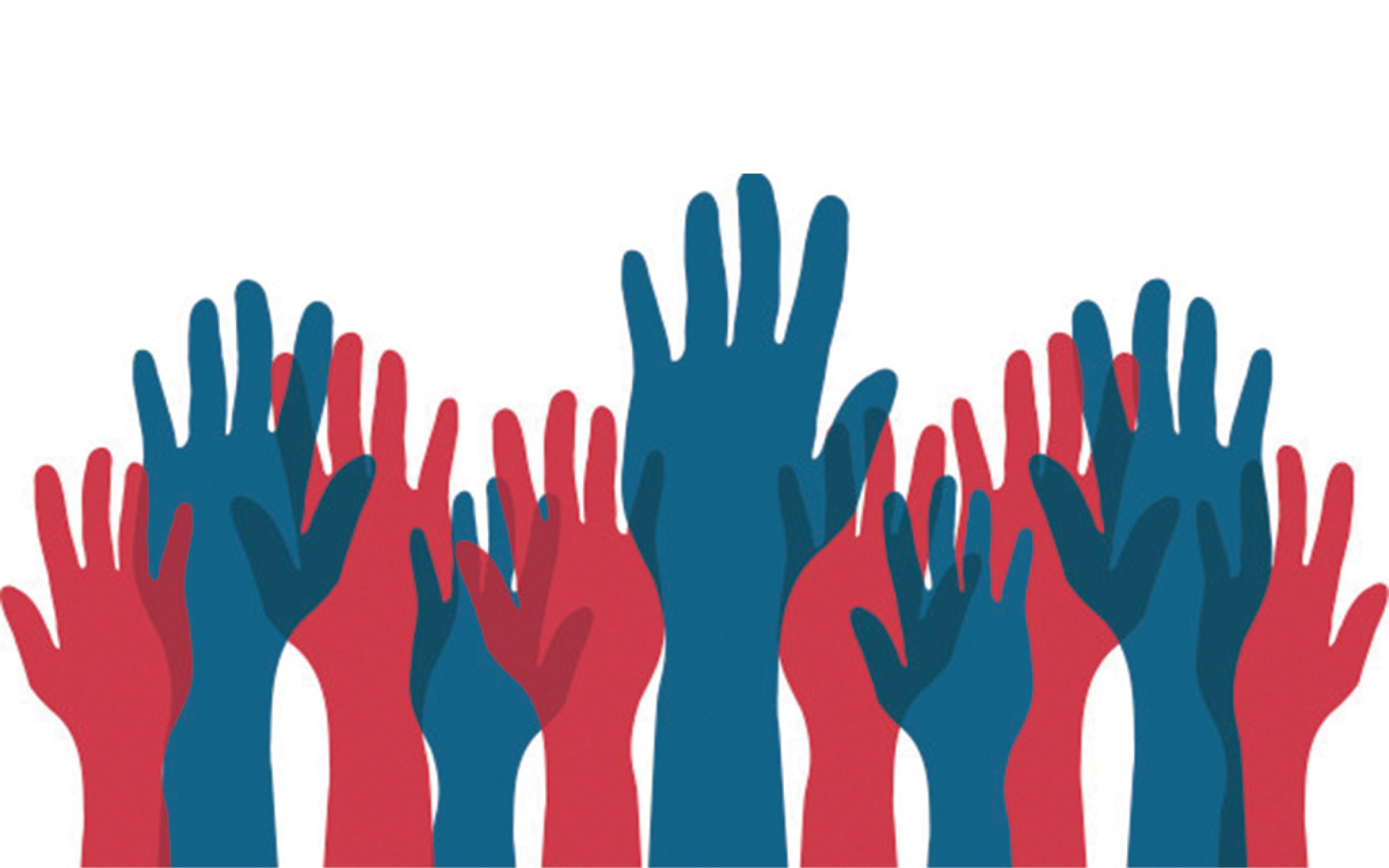Individual liberty, often known as individual freedom, is the ability which an individual has to control their own actions. It is the power of choosing, thinking and acting for oneself without external restraint, control or interference by any arbitrary or despotic government. In the modern world, those individual liberties include; Right to own property, right to defend oneself, freedom of press, religion, speech, expression and assembly, the right to privacy and equal treatment under the law etc. But the question is whether Democracy can be considered as the best form of government in order to secure the above individual liberties or not.
Following arguments predominantly based on representational democracy hence direct democracy is hardly relevant to the contemporary political world. Generally, Democracy means a system of government elected by the whole population or all the eligible members of a state, typically selected through elected representatives. Since Liberalism provides the foundation for Democracy it is in favor for this argument.
“The Liberal ideology understands Democracy in individualist terms as consent expresses through the ballot box”.
-Andrew Heywood-
Consent of the people in a democratic society equates by regular and competitive elections. It constrains the abuse of power and conduct within a constitutional framework in order to protect individual liberties.
In contrast, Socialism dismisses the liberal democracy by recognizing it as a Capitalist Democracy. Despite the features of individual freedom, socialists believed on popular participation with the desire to bring economic participation under public control. Hence it is clear that socialism provides an oppositional argument for the related topic.
Liberal theorists Jeremy Bentham and James Mill developed the notion of democracy as a form of protection to the individual. This implies that individuals vote to advance or defend their interests. Democracy places political power in the hands of citizens to ensure governing that is in favor of the people. Citizens are given the opportunity to choose who rules over them and each individual vote counts equally. This provides the people, both liberty and equality which are highly regarded values in Liberal Ideology. Surely there is no other government which understands the individual aspirations than an elected government.
Socialists challenge this on the basis of the difficulty in achieving a faithful proportional representation of the electorates in parliament. Specially due to the problem of the divergence of opinions and positions of the electors and the elected in the post-election period. Further famous socialist Vladimir Lenin rejected the bourgeois parliamentarianism by stating that; in a capitalist society Democracy is always bound in by the narrow framework of capitalist exploitation and consequently in reality, democracy always remains in favor for the minority of possessing classes. Social ideologists believe that the real voting power becomes vary according to their wealth as in their access to or domination of the means of communication. Bourgeois class is more capable of influencing electorates by controlling mass media. Therefore, socialists argue that this cannot be considered as real democracy which guarantees equality and liberty.
In regard to the individual freedom on economic sector; a liberal democratic government encourages businesses, respects individual ownership and protect them. Even though it manages the economic system, still in favor to the individual ownership of the means of production and profit. Basically; Raw materials, land, buildings, factories, tools, and machinery come under the means of production. In that sense, democracy is the most convenient governmental system to protect personal wealth and property.
Contrary socialists argue the individual wealth or property ownership make class differences in the society. In regard to the labor exploitation and oppression of the majority class during the production process, the true economic freedom for every individual does not really exist in a democratic government. Thus, they state that free market forces and gears production towards profit accumulation rather than satisfaction of needs. Since the minority owns and gain profit, they have the control over majority class. Therefore, according to socialist ideology a true liberty for each and every individual cannot be seen in a democratic system. In fact, they admired the common ownership of property, wealth and materials to ensure social development through social equality.
In liberal perspective, society as a whole can progress through a democratic system even by promoting and ensuring the ownership of individual property. They believe the individual progress cause the social progress. Even today most developed and richest countries are all democratic countries. Now there is a new tendency which countries depend upon services rather than manufacturing or natural resource exploitation for economic growth. This has been mostly influenced by individual freedom because the creativity plays a major role in the services related to information technology, creative arts, research and development, etc. So unlike the socialist ideology, the liberal ideology guarantees individual liberty in a democratic society along with social progress.
Socialism evaluates the idea of human rights related to common humanity. They prefer collective rights over Individual rights. In a socialist society an individual should be able to sacrifice his or her various individual rights, including property rights for the sake of common good of the citizens. They believe even human rights are not exactly secured within a democratic system, especially when its protection relies on the hands of the bourgeois parliament. According to Socialists in such systems only the human rights of wealthy class are protected rather every individual citizen in the society.
But in the point of view of liberal ideology, democracy is after all “the government of the people, by the people, for the people” and it respects human rights for the well-being of all citizens. Unlike in socialist ideology, liberalists are in favor of economic freedom. These will be more protected in a transparent democratic government, which engaged in check and balance system. Such governments constrain the excessive power of a one particular institution if they try to violate human rights in advance.
Other than liberalism and socialism; Anarchism promotes the Elite domination and Fascism promotes the absolute dictatorship where has no chance in protecting individual liberty over rulers’ domination. Although Conservatism is in favor of democracy, it has a rigorous amount of problems in practice of individual liberty. Apart from them, Green ideological and multicultural perspectives of democracy works hand in hand with liberal ideas. Specially to build up new trends of individual liberties in the modern world.
Lately, due to the problems occurred in practice, pure socialism has been shaped into a new form as Social Democracy. This form adopted parliamentary strategies in order to reform and humanize capitalism rather than abolishing it. Therefore, some modern socialists accepted that democracy is long lasting in practical sense because it encourages the individual liberty along with free market economy and it is the nature of human where they choose freedom for themselves over social equality. Even though it has several faults as pointed out by socialists, in comparison to other forms of governments, Democracy can be considered as the best form of government with regards to the protection of individual liberties.
Written By: Wathsala De Silva
Assistant Lecturer, Department of Political Science, University of Sri Jayewardenepura.
References
- Heywood, A. (2017). Political Ideologies: An Introduction (6th ed. 2017 ed.). Red Globe Press.
- utm.edu. 2022. Socialism | Internet Encyclopedia of Philosophy. [online] Available at: <https://iep.utm.edu/socialis/>.






